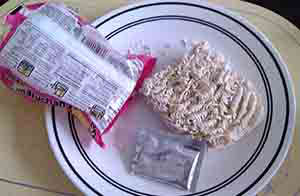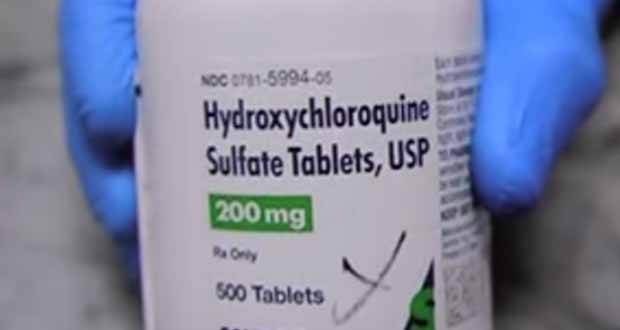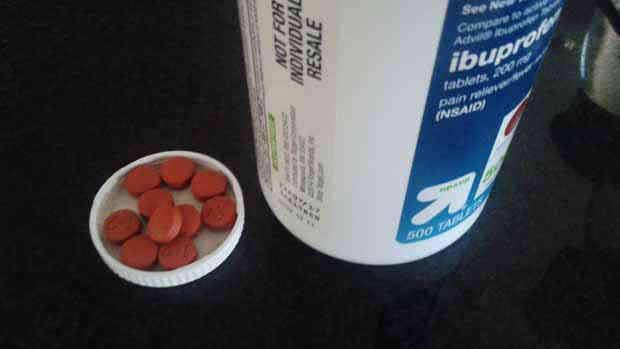Instant noodles has become permanent item in the food packs distributed by the government agencies, NGO’s and humanitarian groups to indigents and victims of calamities in the country.
Coming out in different variety, brand name, flavor and appearance, instant noodles are really handy and easy to prepare. A compacted small pack of the ramen of 3 ounces (oz) or 85 grams need a cup or two of boiling water or being boiled into it from one to three minutes is all it takes.

Doctors in Boston (USA) got some interest on the noodles and what happens inside the stomach once the noodles are taken in. Dr. Braden Kuo of Massachusetts General Hospital used a pill-sized camera to see what happens inside the stomach and digestive tract after ramen noodles are consumed.
Even after two hours, the noodles remain intact.
Allows us to quote the experts about consumption of pre-packed and preserved noodles:
According to concerned health experts, the prolonged process could put a strain on digestive system, which is forced to work for hours. Considering that the ramen is devoid of fiber like most processed food, it interferes with blood sugar levels and insulin release.
Ramens has not much nutrition but a long list of additives, including the toxic preservative tertiary-butyl hydroquinone (TBHQ). This additive will likely remain in the stomach along with the seemingly invincible noodles, and no one knows what this extended exposure time may do to health.
TBHQ is commonly used as ingredient in processed foods (including McDonald’s chicken nuggets, crackers, peanut butter cups, Wheat Thins crackers, Teddy Grahams, frozen pizza, and more.
Same TBHQ is contained in varnishes, lacquers, pesticide products, cosmetics and perfumes to reduce the evaporation rate.
A new study published in the Journal of Nutrition found that women who consumed more instant noodles had a significantly greater risk of metabolic syndrome than those who ate less, regardless of their overall diet or exercise habits.
Women who ate instant noodles more than twice a week were 68 percent more likely to have metabolic syndrome — a group of symptoms such as central obesity, elevated blood pressure, elevated fasting blood sugar, elevated fasting triglycerides, and low levels of HDL cholesterol.
Having three or more of the symptoms increases risk of developing diabetes and cardiovascular disease.
So, instant noodles, everyone?
- Awesome Redwoods Live Long #shorts - September 23, 2021
- Apple M1 Macbook Pro 13-Inch, The Unboxing - July 14, 2021
- Spooky Image Scares Online Class - July 2, 2021
















































